I am not a regular on Facebook, but from time to time, I take a scroll to see what’s trending, what’s thought-provoking or what enlightening lessons I could learn. Low and behold I came across a post with an image of André 3000 and Big Boi of the hip hop duo Outkast, Not sure what the connection was between the post and the duo or if the post was a line from their movie Idlewild staring both André 3000 and Big Boi. What I do know is that for me it was something to think about. Here’s what was written:
“The future of Black people is not dependent upon how white people treat us. The future of Black people is dependent upon how we treat ourselves.”
And I would add, how we think about ourselves.
Oh, how profound these few words are that caused me to stop, think and process what this means to me and how I see and treat myself. No matter what history has taught us about what Black people endured for over 400 years at the hand of white people, and the constant attempts to still my joy, still I rise. That was my mantra when I got my Doctorate degree, and it is my mantra now! I celebrate and relish the joy in my Black self!
Experiencing joy shouldn’t be an uncommon phenomenon. But being joyful while being Black takes on a distinctive flavor because of what it means to be Black in this country. Historically in America, Blackness legally meant you weren’t free, weren’t valued, weren’t seen as equal — weren’t even seen as fully human. And that foundation has bled into the fabric of our society in overt and subtle ways. It’s because of that fraught foundation that Black Joy is an extraordinary thing. Black Joy is essentially about taking the opportunity to delight in something that seems simple, but is particularly precious in that it wasn’t guaranteed for people who look like us — the freedom to just be.
The origins of the Black joy concept likely date back to the start of Black history itself. For example, religious beliefs and traditions have always been part of Black culture and the first predominantly Black religious denominations were founded in America in the late 18th century, according to the Pew Research Center. For many in the Black community — especially those who are older — church is not only for worship but also a place of community and uplifting through praise and song. We’ve inherited so much trauma— not to mention whatever we actually experience in our personal and collective lives —that we deserve healing. Church is like a citadel where worshipers come to find and experience peace and joy when the storms are raging!
Black joy is also seen not just as an emotion, but as resistance.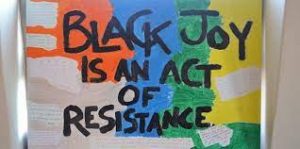 In a 2002 academic article for the Journal of Southern History, titled “The Pleasures of Resistance: Enslaved Women and Body Politics in the Plantation South 1830 to 1861”, American feminist historian Stephanie MH Camp writes, “Just as exploitation, containment, and punishment of the body were political acts, so too was the enjoyment of the body.” Though this was written about slavery in the 1800s, the idea that unrestricted joy and freedom expressed by Black people is inherently rebellious and still rings true today. So disturbing to know that Black joy was and still is a threat to white people.
In a 2002 academic article for the Journal of Southern History, titled “The Pleasures of Resistance: Enslaved Women and Body Politics in the Plantation South 1830 to 1861”, American feminist historian Stephanie MH Camp writes, “Just as exploitation, containment, and punishment of the body were political acts, so too was the enjoyment of the body.” Though this was written about slavery in the 1800s, the idea that unrestricted joy and freedom expressed by Black people is inherently rebellious and still rings true today. So disturbing to know that Black joy was and still is a threat to white people.
Despite this, in the middle of a collective outpouring of grief and anger, for the senseless killings and abuse of Blacks, people took a moment of joy to bask in the beauty of what it means to be Black — both the pain and the celebration. The essence of happiness and enjoyment are inextricably linked to resistance. The act of joy is resistance and as we use our physical bodies to protest, march and demand change, we must also use them to experience the pleasure of joy.
We must be rebelliously joyous. Society has told us to be quiet. We’re too loud and too angry, it is an act of resistance to revel in the joy that they have spent much of history trying to take away from us. It is about holding the pain and injustices we experience as Black people around the world, and in the midst of the pain we experience, we can find joy. There’s a song that we sing in my church that speaks to joy. One of the verses refers to joy and says, the world didn’t give to me and the world can’t take it away.”
The struggles we’ve been through throughout our lives and generations before us, joy was just not a focus. The emphasis was on trying to make it. Yes, we’ve made Black progress and have come a long way, yet we still have many miles to go. If we embrace the idea of what it means to identify joy within ourselves, I am a believer that we will be able to withstand when difficulties happen. We are conquerors!
Kleaver Cruz wrote that Black joy isn’t about erasing the difficulties of the Black experience, but showing the whole truth by creating balance. When we acknowledge that we exist in an anti-Black world that is set up to ensure we do not live, we choose life and choose to enjoy any aspect of that life. Those things are attached to our joy, our very being, and it is how we exist as full humans.”
So, going back to the phrase at the beginning of this article, we can’t be dependent on how we are treated by white people, but how we treat ourselves. You are who you say you are. I say we are Beautiful Black people who are intelligent and powerful! And that scares them. Make a joyful noise!
In conclusion, let me share what I found featured in a community-based storytelling project called West Dayton Stories that resonated with me. The stories are centered on the people and places of Dayton, Ohio’s vibrant west side. Community producers are brought together to tell stories reflecting its proud history, current complexities, and future hopes. Although the writings reflect that of Dayton, I was drawn in by the writing of Loveyah Stewart, a community producer, photographer, video editor, and content creator. In this article, Stewart talks about seeing her Black Joy when looking in a mirror. One paragraph caught my eyes and touched my soul. Stewart writes:
“My Black Joy is finally recognizing the best superpower—the imagination. It allows me to create a place where there is no space or time to live out my wildest of dreams, in this world where I hold a heavy brick of oppression on my back every day. But I still rise.
My Black Joy is being myself. Loving the woman that stares back at me, enjoying life and success. My Black Joy is finding every reason to rejoice, to be happy, to love, to create, to be the best version of who I am. Me. That’s my Black Joy.”
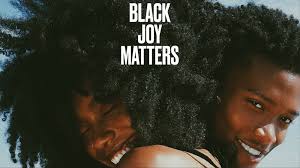











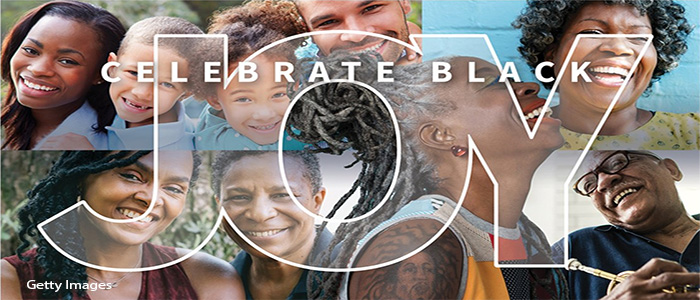
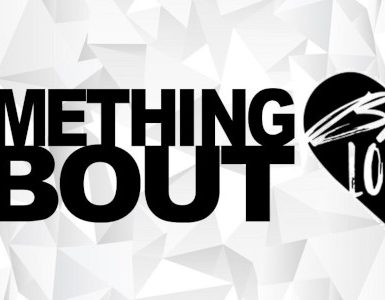
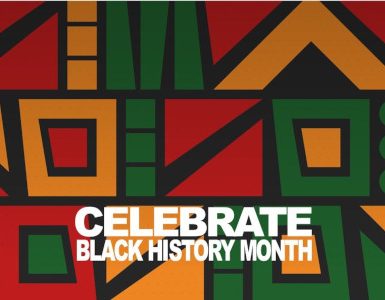


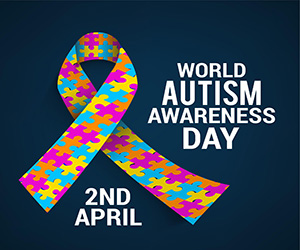
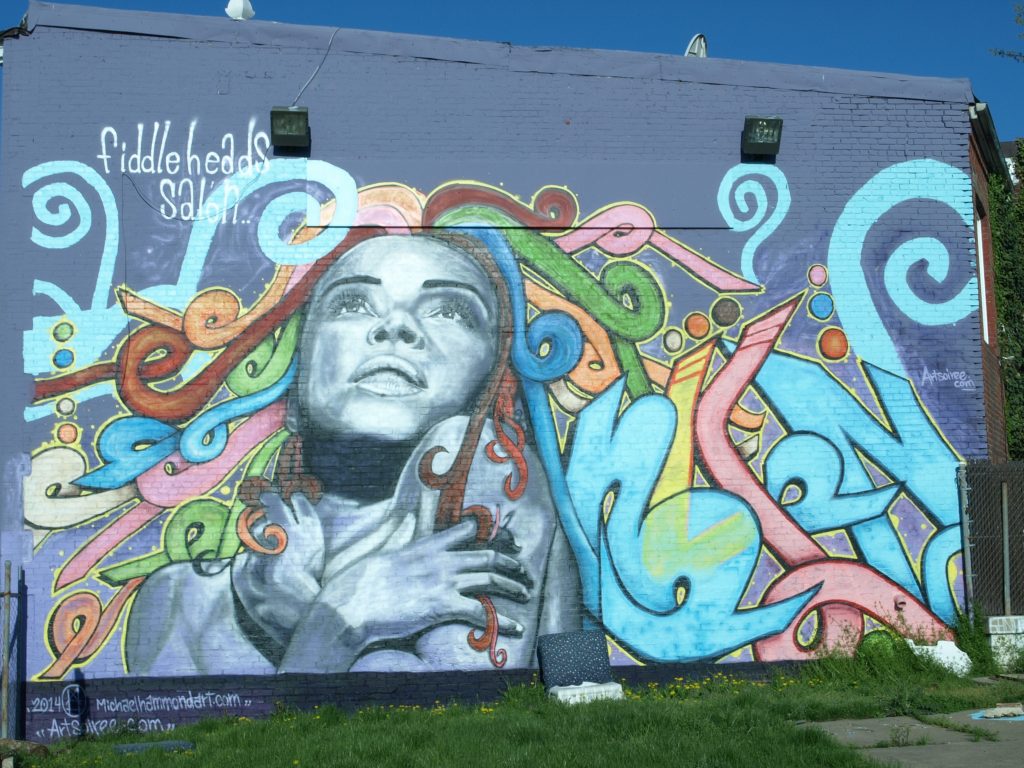
Add comment